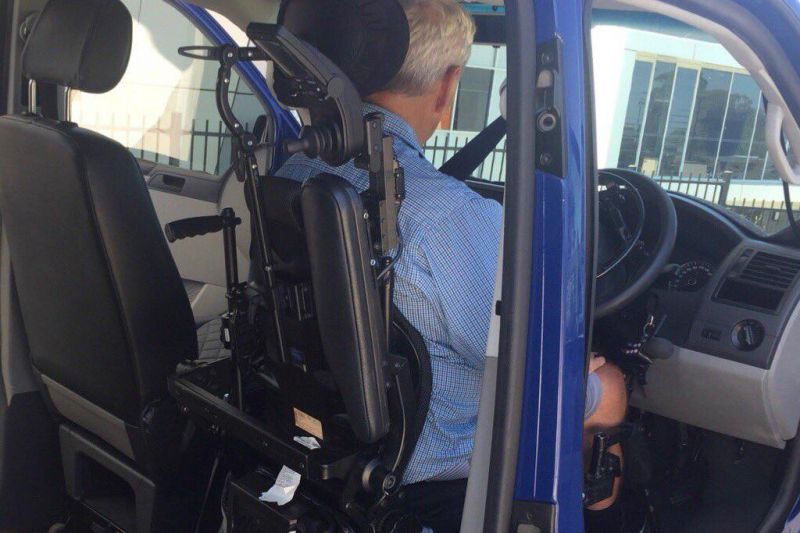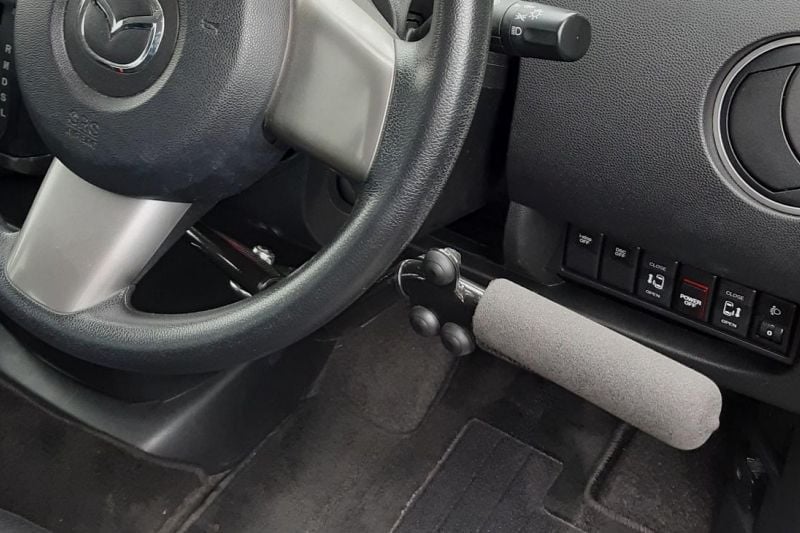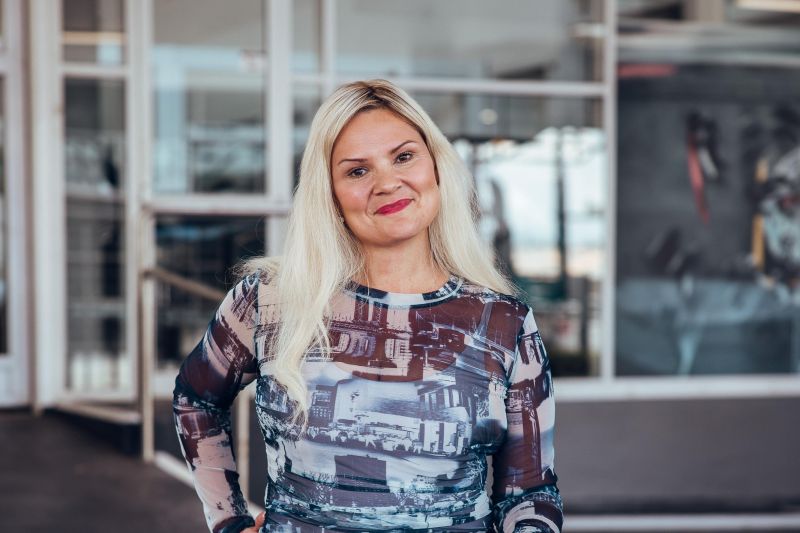Driving is freedom for many Australians and no one knows it better than Basia Kmita.
Every day she meets people – some only teenagers, others in their eighties – looking to get back behind the wheel.
They could have been traumatised by a crash, have a physical restriction, or be suffering from some sort of memory decline, but they all want to continue driving.
Her job is to assess them, advise on mechanical solutions, refer them to specialists, and generally provide a path to keeping people on the road.
“Driving is independence. So I’m giving them back their independence,” Ms Kmita told CarExpert.
“Watching them smile, with tears of joy, is a feeling like no other. Practising with empathy from the heart enables me to understand their driving dreams as though I am in their shoes feeling the pedals of a vehicle.”
Ms Kmita is an occupational therapy specialist and medical driving accessor, accredited by the NSW Government.
She is an expert in customising vehicles, including installing radial hand controls, left-foot accelerators, accelerator rings, mini wheels or joysticks, and custom seating. She can also organise the lowering of four-wheel drives for easier access, raising or lowering accelerator pedals or steering, and manual conversions.
The 44-year-old mother of four from Sydney began her work on building sites and has since focussed on driving, a natural connection for a Porsche owner.
“I would probably see eight people a week, on average. When I wake up I never know what I’m going to get. It can be for something traumatic or a progressive decline,” she said.
“I do their assessment. I sit with them. The assessment could take up to three hours.
“There is a huge demand for it. Some of it is through the National Disability Insurance Scheme.
“There are lot of young kids after motor vehicles crashes. People with anxiety after a crash.”
The outcomes from her assessments can vary widely, but she always emphasises how she wants to keep people driving – and driving safety – for as long as possible.
“It’s keeping you all safe on the road, with a continued love for driving, and to drive longer than you anticipated was ever possible.
“I’m trying to get people into driving again. Some people won’t even sit in the front seat of a car because they have problems.
“I get them in a car with disability trained instructors. Some people need a lot of training and others pick things up straight away.”
After the assessment she compiles a full report, often with recommendations for the licensing authorities, for the clearest outcomes possible.
“The majority of individuals are able to maintain their full licence subject to a periodic review. Some are restricted to driving within a kilometre radius and/or during daylight hours only,” she said.
“The possibilities in driving are endless with a medical condition. To maintain any form of driving independence is truly special.
“If I do need to cancel a patient’s licence this may be a very hard decision but aims to keep all road users safe. With all driving assessments I like to ensure further follow-up with individuals, their family, and with treating practitioners and specialists as any decision relating to driving and licence changes can have an impact on an individual’s wellbeing.”
But what happens when things go badly?
“Unfortunately, this may be inevitable when a medical condition takes over an individual’s ability to make safe decisions on road,” said Ms Kmita.
“I would rather my patients and clients cease driving with a dignified driving history than be involved in an accident or cause an accident which may be critical.”



